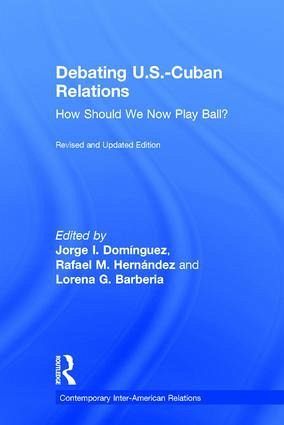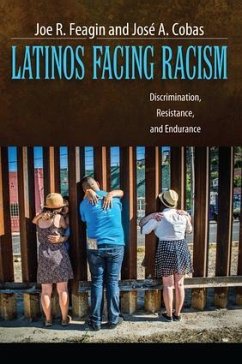
Debating U.S.-Cuban Relations
How Should We Now Play Ball?
Herausgeber: Dominguez, Jorge I.; Barberia, Lorena G.; Hernández, Rafael M.
Versandkostenfrei!
Versandfertig in 1-2 Wochen
186,99 €
inkl. MwSt.

PAYBACK Punkte
93 °P sammeln!
In this book, an all-star cast of experts on Cuban Politics critically address the recent past and present in U.S.-Cuban relations in their full complexity and subtlety to develop a perspective on the evolution of the conflict and an inventory of forms of cooperation. This much needed approach provides a way to answer the questions "what has been . . .?" and "what is . . .?" while also thinking seriously about "what if . . .?"












